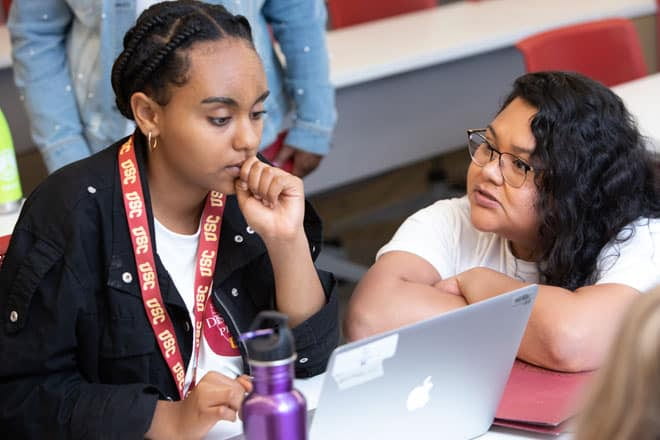By Eric Ruble
What started as a way for local kids to learn from USC professors has evolved into a chance for students around the country to gain access to extraordinary academic opportunities.
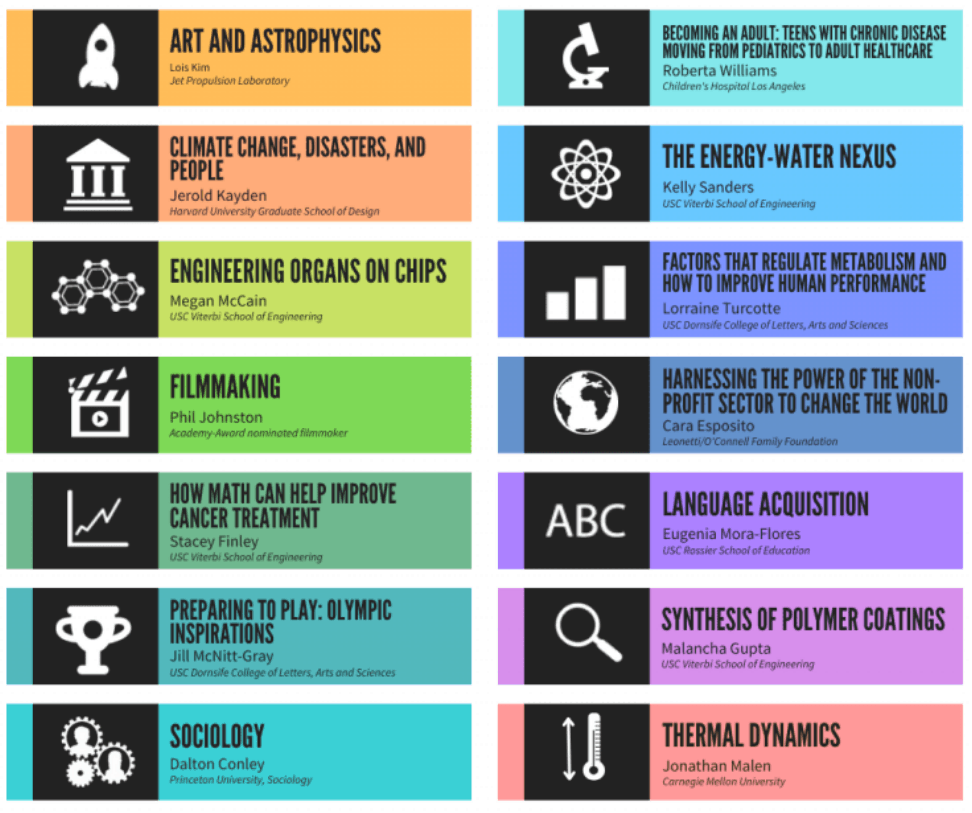 The topics of classes offered for this year’s Discovery Project. (Courtesy: The Discovery Project)
The topics of classes offered for this year’s Discovery Project. (Courtesy: The Discovery Project)
It’s called The Discovery Project, and Elizabeth Currid-Halkett from the USC Price School of Public Policy, Sandra Kaplan from the USC Rossier School of Education and Leana Golubchik from the USC Viterbi School of Engineering founded the program together in 2019, with instrumental program support from Alyssa Lopez of USC Rossier and funding from the Provost’s Office.
Kaplan shared, “The vision of The Discovery Project was to introduce and provide an advanced orientation to subjects and professional areas that are not part of the basic or regular grade-level school curriculum. We hoped that students’ introduction to various subject areas would enable them to recognize and develop the interests and abilities for future independent study.”
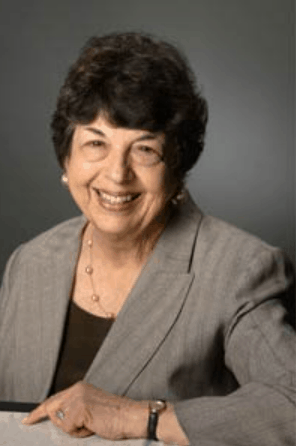
The program launched in 2019 with in the form of a two-week intensive course. It went on hiatus in 2020 due to the pandemic and in 2021, it began again online.
“Necessity is the mother of invention,” Currid-Halkett shared. “We wanted to run the program, but were limited by the ongoing spread of COVID-19. Together, we realized online lectures could broaden horizons both with students and our participating professors.
“This was a chance for us to be a part of the solution, to offer diverse and advanced educational opportunities to many children all over the country. We can have real impact on children’s outcomes and their access to knowledge and cultural capital. We can broaden their worlds.”
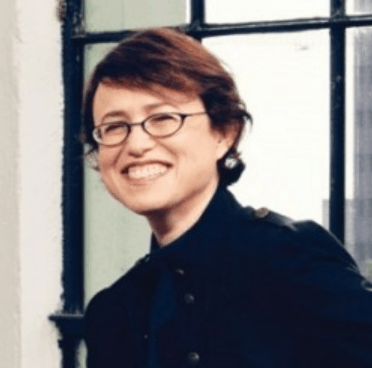
The program started with a partnership between the Mirman School and USC’s Leslie and William McMorrow Neighborhood Academic Initiative, and is open to middle school and ninth-grade students who want to explore different academic disciplines during the summer.
Over the course of seven weeks on Tuesdays and Thursdays, students from all over the country participated in lectures from a different professor or expert on topics like biology, sociology, medicine, education and art. About 80 students from diverse geographic and socioeconomic backgrounds participated in each session.
Of the new format, Golubchik said, “We weren’t limited to students who live here in LA, and also we could have presenters that live across the country.”
Likewise, Currid-Halkett wanted to curate a list of teachers “from all sorts of places.”
“I thought, ‘Why don’t we invite people from around the country who are amazing?’” Consequently, this year’s list of educators included professors from USC, Princeton, Harvard and Carnegie Mellon.
In a webinar titled “The Pages of Life,” students learned about filmmaking from Phil Johnston, an Academy Award-nominated director, screenwriter and producer who wrote the screenplay for “Wreck-It Ralph.”
“All the USC summer webinars were very interesting, and my favorite class was the last one, The Pages of Life, because of the animation and the author. Especially the part in the beginning where he related his own life to ‘Wreck-It Ralph,’” said Harold K. Oh, a sixth-grade student.
Students also discussed the intersection of art and astrophysics with Lois Kim from NASA’s Jet Propulsion Laboratory, and Dr. Roberta Williams at Children’s Hospital Los Angeles taught them about chronic disease. Dalton Conley of Princeton University taught the students about genetics and the ongoing debate between nature and nurture.
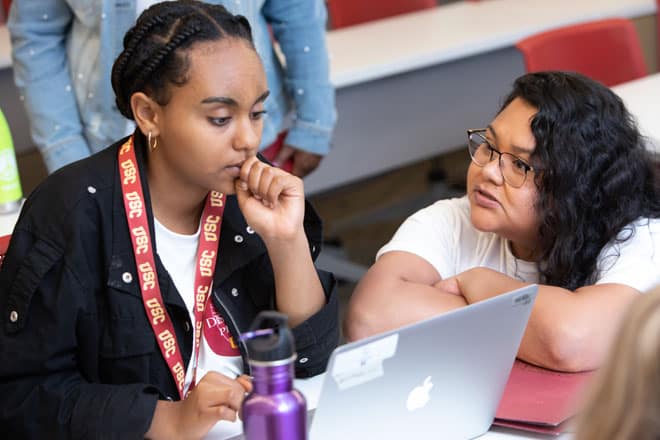 USC Rossier student Erika Mejia (right) helps guide students through computer work during The Discovery Project in the summer of 2019. (Courtesy: Brian Morri)
USC Rossier student Erika Mejia (right) helps guide students through computer work during The Discovery Project in the summer of 2019. (Courtesy: Brian Morri)
“[The] NASA/JPL seminar was the most exciting topic for me,” said Shaun Masada, a seventh-grade student. “I want to attend next summer.”
“Universities can harness their resources and talent to help younger children in unconventional ways. It has opened up the doors of what higher education can do for this population,” Currid-Halkett said. “It’s about giving them a sense of wonder and discovery.”
Currid-Halkett says The Discovery Project has two principle benefits. First, students are presented with opportunities to learn they wouldn’t experience otherwise. Second, it provides a free platform through which children in all circumstances can gain new knowledge.
“This is the thing I’ve done in my career that I’m most proud of,” Currid-Halkett said. “I like watching positive impact in the world and feeling like I can be a part of really doing that for someone. It’s just so fulfilling.”
Cara Esposito, the executive director of the Leonetti/O’Connell Family Foundation and a Price professor who sits on the USC Price Board of Counselors, taught a class about how to change the world through the nonprofit sector.
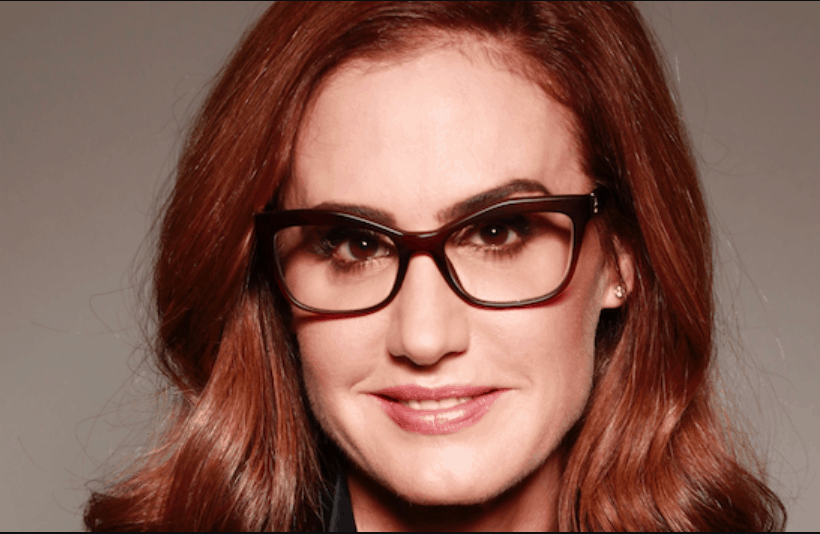
“Whatever you want to manifest in the world, my job is to give you the tools to do that in the most effective way possible,” said Esposito, describing what she shared with students. “You’re lighting a spark that has the potential to change the world.”
She was inspired by students’ interest and their enthusiasm to improve their communities.
“In many ways, as adults, we have lost the beauty of doing good things in the world for others and being of service,” Esposito said. “This [younger] generation, I’ve never seen anything like it. It’s just this belief that you can fix things.”
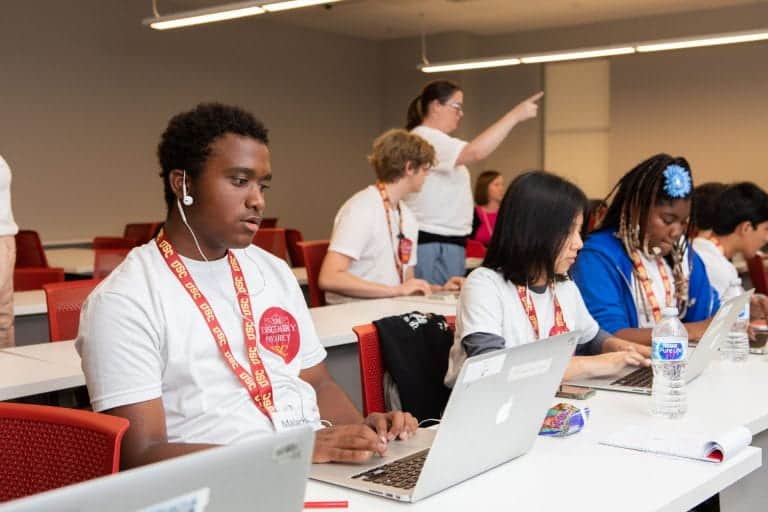 Students participating in the Discovery Project in the summer of 2019. (Courtesy: The Discovery Project)
Students participating in the Discovery Project in the summer of 2019. (Courtesy: The Discovery Project)
Golubchik echoed Esposito’s sentiment on the feedback they heard from students.
“I was very pleasantly surprised by the interesting questions that kids can come up with, with how engaged they are in presentations, with how much some of them have learned on their own,” Golubchik said.
At a time when many students struggled to feel intellectually fulfilled during America’s shut-down, The Discovery Project provided a stimulating source of knowledge for kids who yearn to learn something new.
Ultimately, “the pandemic put education inequities in sharp relief,” Currid-Halkett said. Moving forward, the project’s founders are exploring ways they can expand the program to make it accessible to even more children around the U.S. If the program continues to utilize an online or hybrid platform, she also plans to explore how they might reach youth who live in areas where internet availability is scarce.
While the program’s summer 2022 format is still unknown, its mission will remain the same: providing free, outstanding intellectual experiences for students, no matter their background.
To learn more about The Discovery Project, visit its website. Faculty interested in teaching classes can contact Professor Golubchik.
